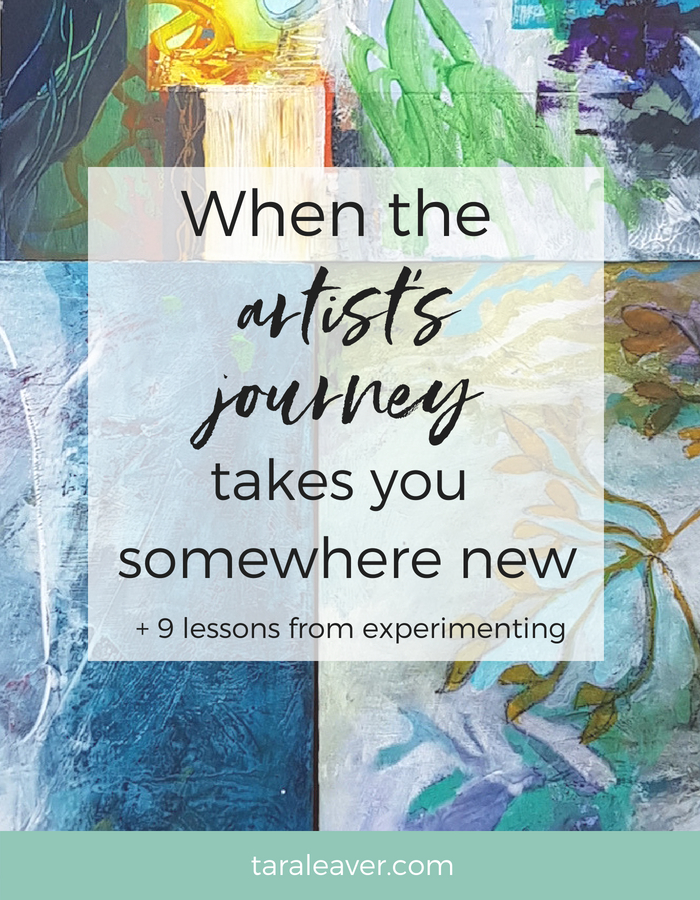
It’s been a while since I’ve written a personal post. When I first started blogging ten years ago, it was all personal. I was just {re}starting my artist’s journey, and I began my blog {on Blogspot back then} to track my progress for myself.
I never imagined in my wildest dreams {and to be honest I didn’t really have any wild dreams then – I was just trying to heal from decades of depression and knew I needed to get my art back} that ten years later I’d be doing what I do now.
Life’s funny like that.
As my fledgling business hatched {let’s just go with the egg metaphor}, with my first course, Creative Spark, the blog started to become less inward focused and more intentional, more devoted to helping others on their own artist journeys. In the past year or so it’s actually started to fly – a little uncertainly – on its own, which is pretty exciting.
My life has changed beyond all recognition since then, and so have I. And lately I’ve been finding myself wanting to write more personally about my experiences and learnings as an artist again. I love writing a ‘how to’ post {srsly, bullet points are addictive}, and I’m one of those annoying adorable people who always wants to be helpful.
But with so much learned over the past ten years, and with new aspirations forming, I thought I’d revisit the way I used to write, albeit more articulately hopefully. I’d like to share some of the more personal journey, as well as what I’ve been learning recently. {Because I’ll always be a teacher at heart it seems.}
The bold move 😉
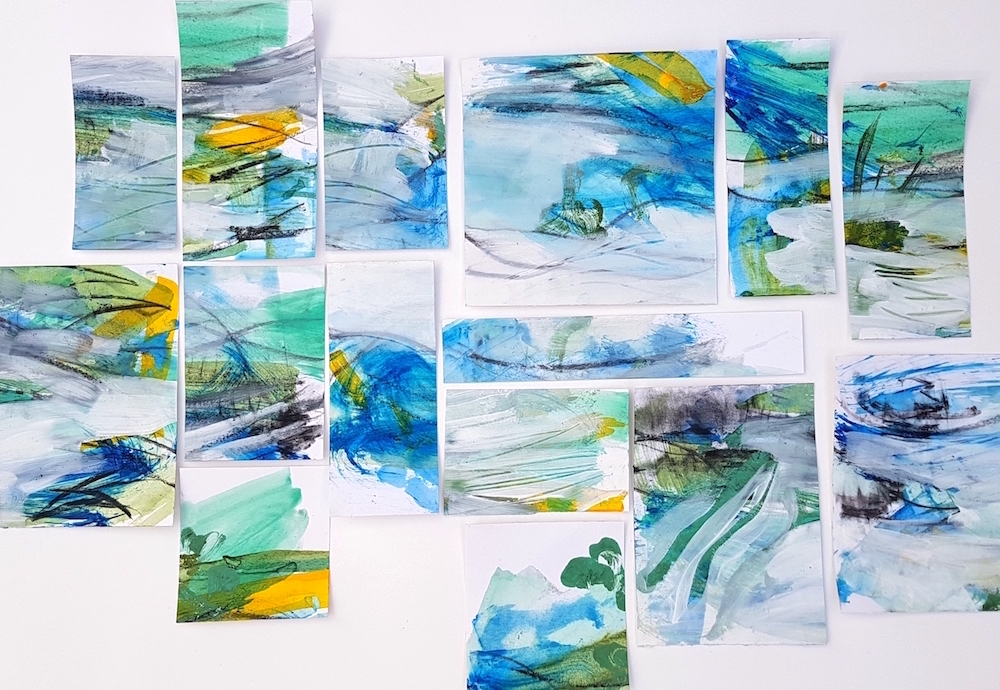
Since my move to Cornwall last year, I’ve been discovering a side of myself I actually didn’t know existed. There’s someone in here who, after five years of being almost entirely {and necessarily} reclusive, is tentatively raising her hand and suggesting she’d quite like to connect more.
And part of that connecting is a desire to make art that can be seen and bought not just online, but also by walking into galleries.
This doesn’t sound particularly shocking for an artist to say perhaps, but it is when until recently you knew for sure that it wasn’t the route for you! And with this new desire came a realisation that it was time to step up my game with my painting.
I’ve continued to paint for pleasure – and because I just have to – as my little family of courses has grown over the years. And what kind of teacher would I be if I wasn’t walking alongside my students? But it’s time for the next phase.
My work sells from time to time, and like many artists I’ve found that side of it challenging. Lately though, I find myself wanting my own art practice to take up more space in my life, and I want the work to be the best I can make; I want to be on my own edge. The courses aren’t going away, but the emphasis is shifting to a greater focus on developing my work and selling more of it.
The bespoke degree
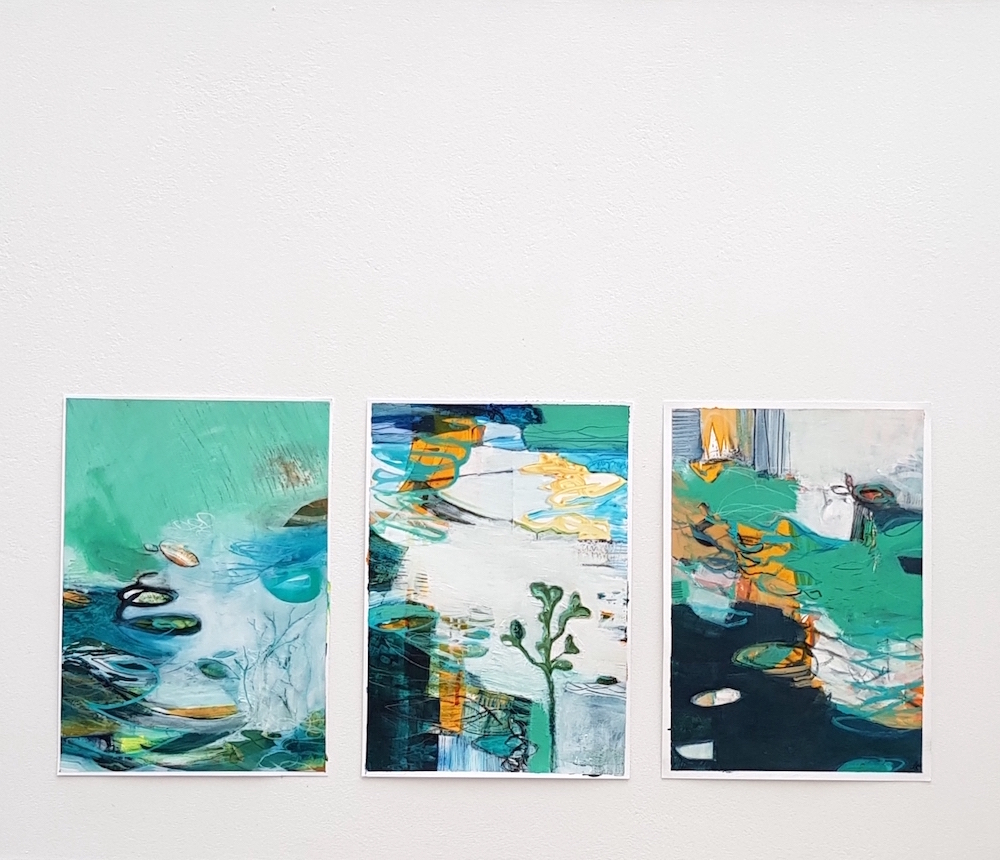
I never did an art degree {just a one year foundation diploma about a million years ago which I loved}, and have had no formal teaching since then. {Lots of courses taken though! Always the student. :)}
So I decided that I’d give myself a year to do a ‘bespoke degree’, during which time I’d experiment a lot, really focus, spend significantly more time in the studio, and develop a strong and cohesive body of work, with which I could then {in theory} feel confident approaching galleries.
I also applied for a place on the Porthmeor Programme at the St Ives School of Painting. It’s a year long mentoring programme designed to support you in developing your art practice, and with my passion for this part of the world, my love of the school, at which I’ve now taken several short courses, and my desire for a focused container in which to develop my work, it seemed ideal. I was nervous as hell about getting in, but the universe supported my desire on this one, and it’s proving every bit as wonderful as I imagined. Better, actually.
So I had my ready made container of one year in place, and although I’ve temporarily downgraded from my dedicated attic studio to making art in the kitchen of a rented cottage, I’ve been spending a lot more focused time painting since moving to Cornwall.
{I also created a new course, and continue to devote love and attention to that side of my business.}
The first gallery and the new work
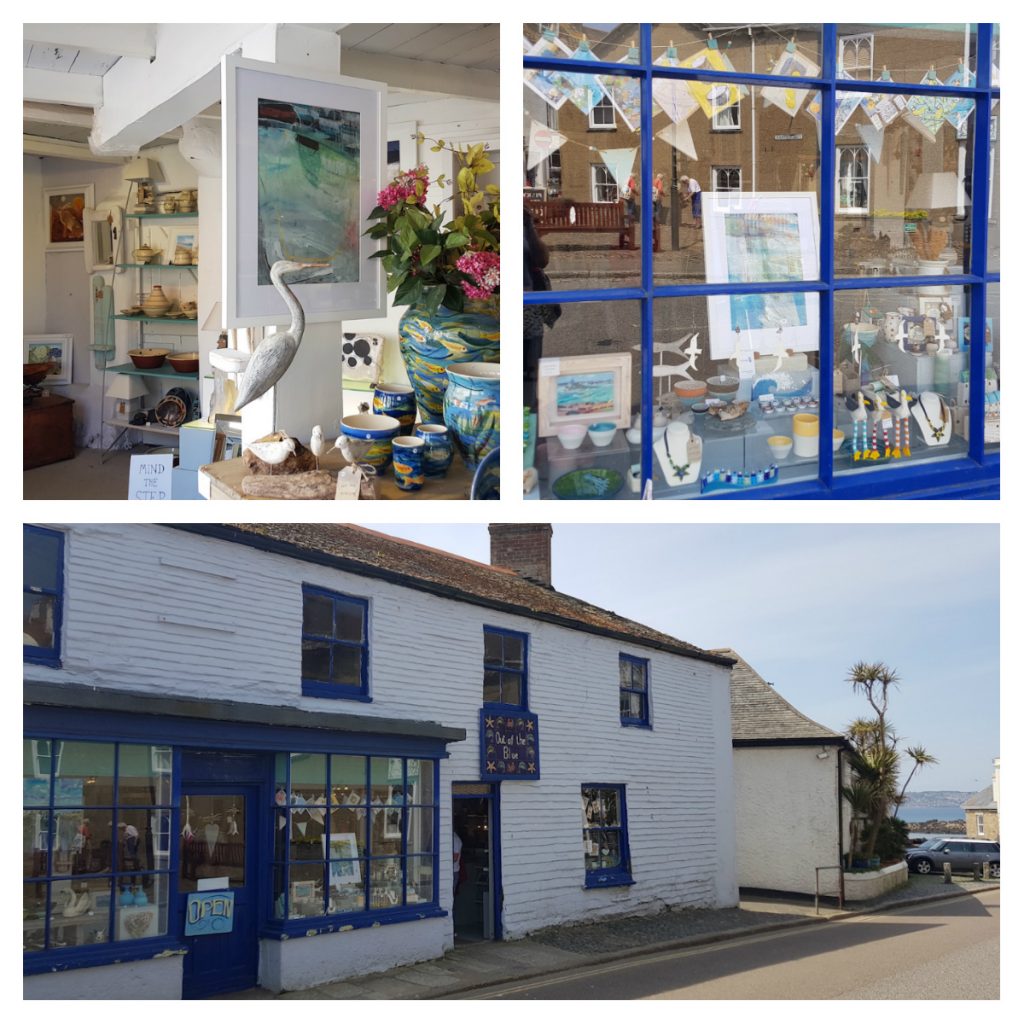
All those Pinterest quotes about the universe coming forward to meet you when you set an intention are not wrong. Since the move and the shift in my desires, I was unexpectedly offered a little space in a local gallery, which felt like the door to my dreams opening and me putting a foot tentatively through.
And if you follow me on Instagram, you may have noticed my art has been shifting too. I’ve recently become obsessed with the idea of immersion in your environment, of experiencing the world with the immediacy of the body’s sensations, and in particular in water. And that’s really starting to come through in the work.
I’m still very much immersed {ha} in experimenting at the moment. The Porthmeor Programme is allowing me to explore freely with things I might not have considered or tried, and helping me to ‘fill the cupboards’ as Kerry, our tutor, puts it. This is a year of filling my cupboards, so when I’m on my own in the studio I can just open those metaphorical doors and find all the ideas, inspiration, material, sketchbook notes, and knowledge of how to get past blocks and keep going, right there.
It’s inevitable of course that I am already learning a huge amount, just a few months into my bespoke degree year. And I just wouldn’t be me if I didn’t share them! So, here we go….
9 things I’ve learned from experimenting in the studio:
1) We all want to be more consistent, and yet once that starts happening it’s surprisingly easy to get stuck there and lose the spark that seeking brings. Don’t wish away your current state too soon!
2) Having a range of apparently unrelated paintings not only feeds the insatiable curiosity beast, it also allows your main body of work to develop further even while you’re working on similar pieces.
3) When you reach the inevitable Ugly Phase, or simply a place in the painting where everything looks and feels a bit ho hum, the first thing you’ll probably hear in your head is ‘Oh crap I’ve ruined it’. This never has to be true. In fact, it’s a place of power. A tiny shift of perspective, from ‘it’s ruined’ to ‘huh, now I have something to respond to’, means the difference between frustration and the buzz of a challenge. The other side of that phase is where your best work lies.
4) ‘How can I….’ and ‘What if I….’ are the two most powerful questions you can ask in the studio.
5) A successful painting has both intentional decisions and uncontrolled chaos in it.
6) You’ll never reach your definitively best {aka perfect} work and that’s a good thing. You can make your best work ‘right now’, but even a deeply satisfying piece never feels like your ultimate best, and that’s why we keep painting. That’s the gift – we get to start another one and continue to do what we love. When you reach the top there’s nowhere left to go.
7) Every painting has recognisable phases or cycles. Some pass through them very quickly, and when that happens you’ll probably feel like you’ve cheated because it was so easy. {You haven’t.} Some seem sent to endlessly torment you, and those are also a gift because they’re offering you the chance to go up to the next level of ‘best right now’.
8) Every painting – every stroke of every painting – is full of paradox and deep teachings. The more open you are to listening and learning, the more mature and nuanced your work will be.
9) Podcasts and Classic FM make excellent studio companions. {Once I’m settled in my new place I plan to add a dog to the mix.}
If you got this far, thank you! I’d like to share more of my ‘bespoke degree’ year here in future posts, if that’s of interest. Yes I create and run courses to support others, but I’m always learning too. They feed each other, and it gives me great pleasure to do both.
I’d love to hear from you! Have you ever done a DIY degree? Would you? And what lessons have your experiments taught you? Let me know in the comments!
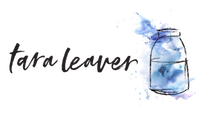
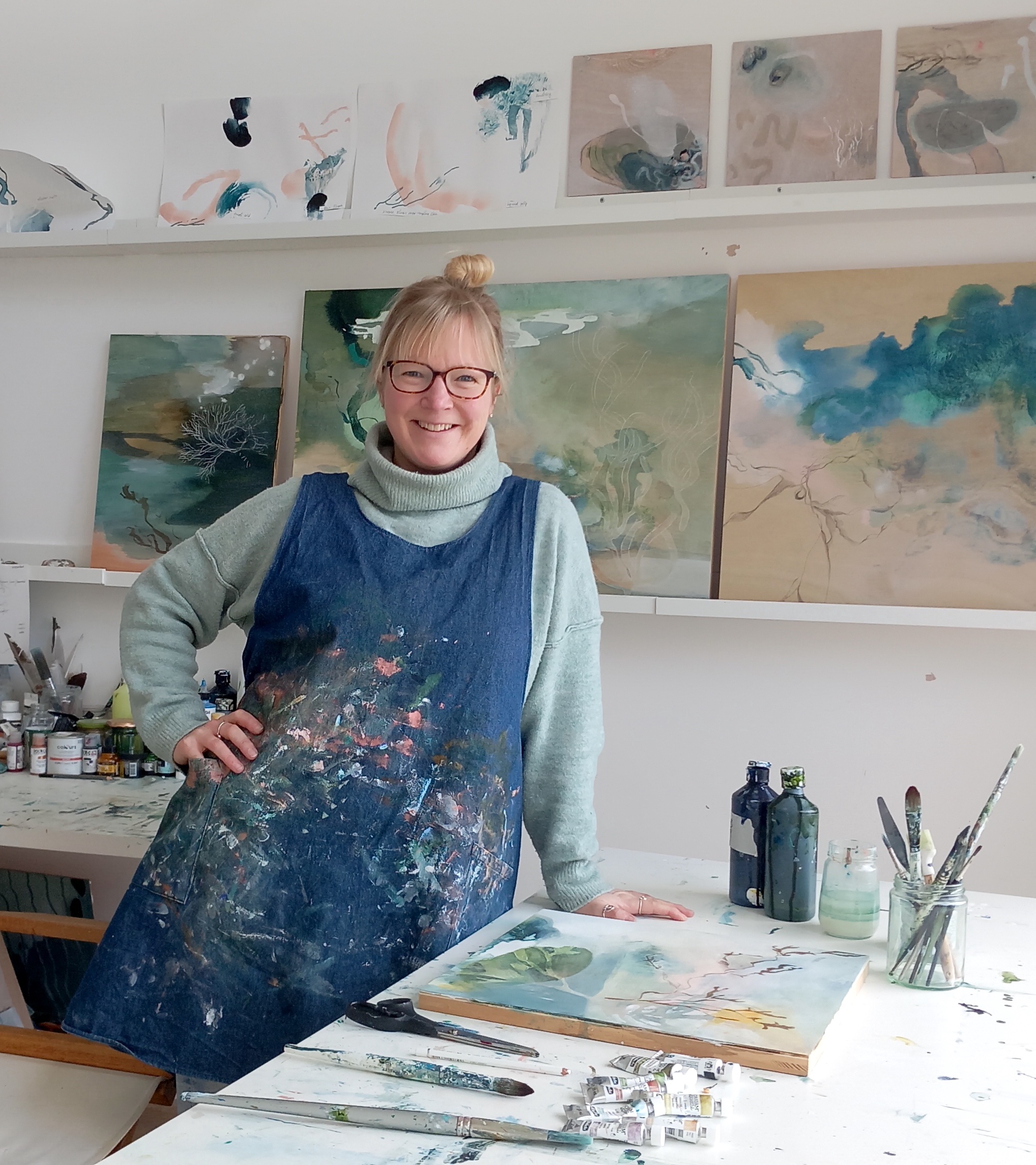
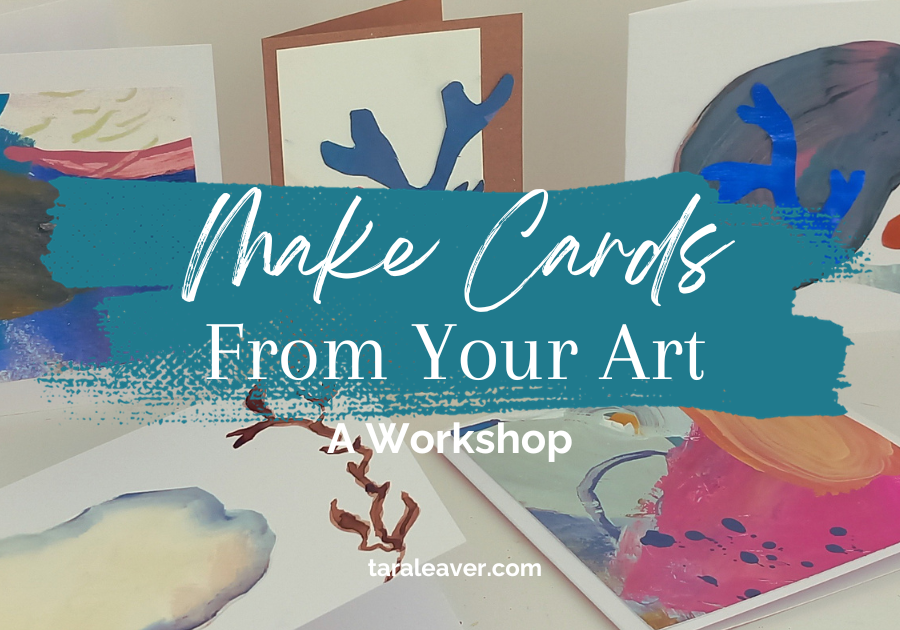
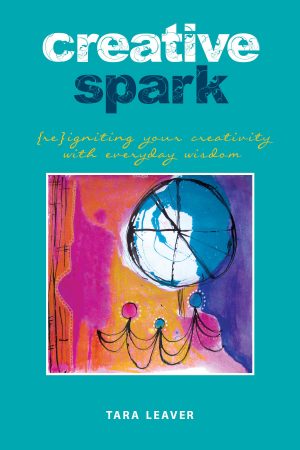
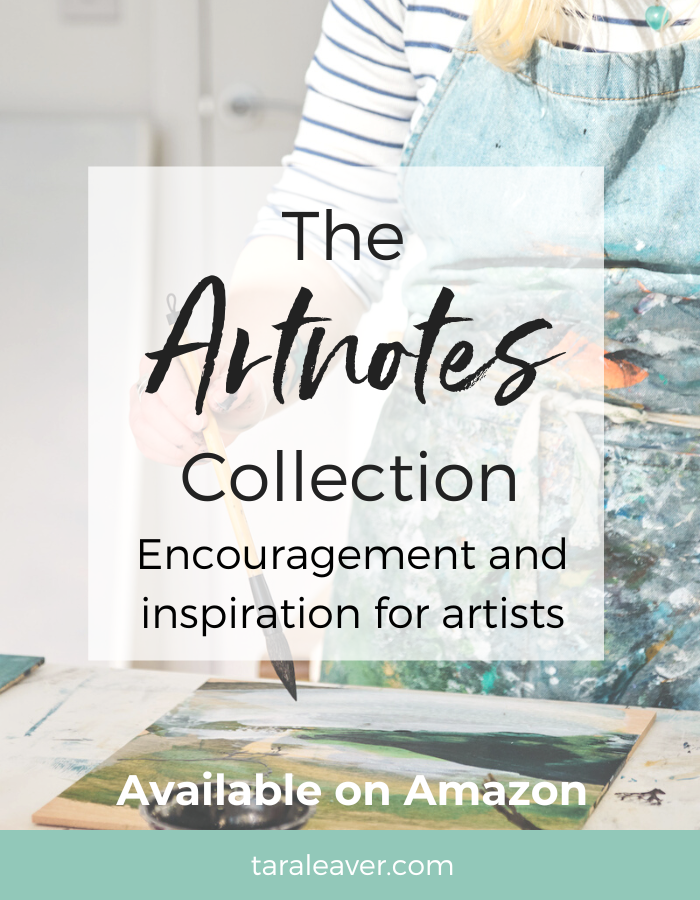
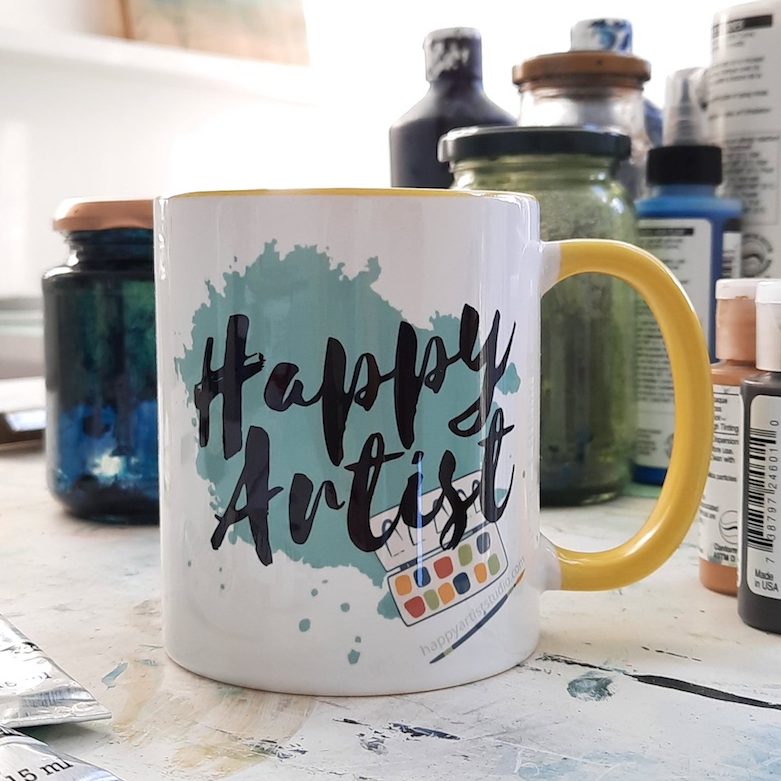

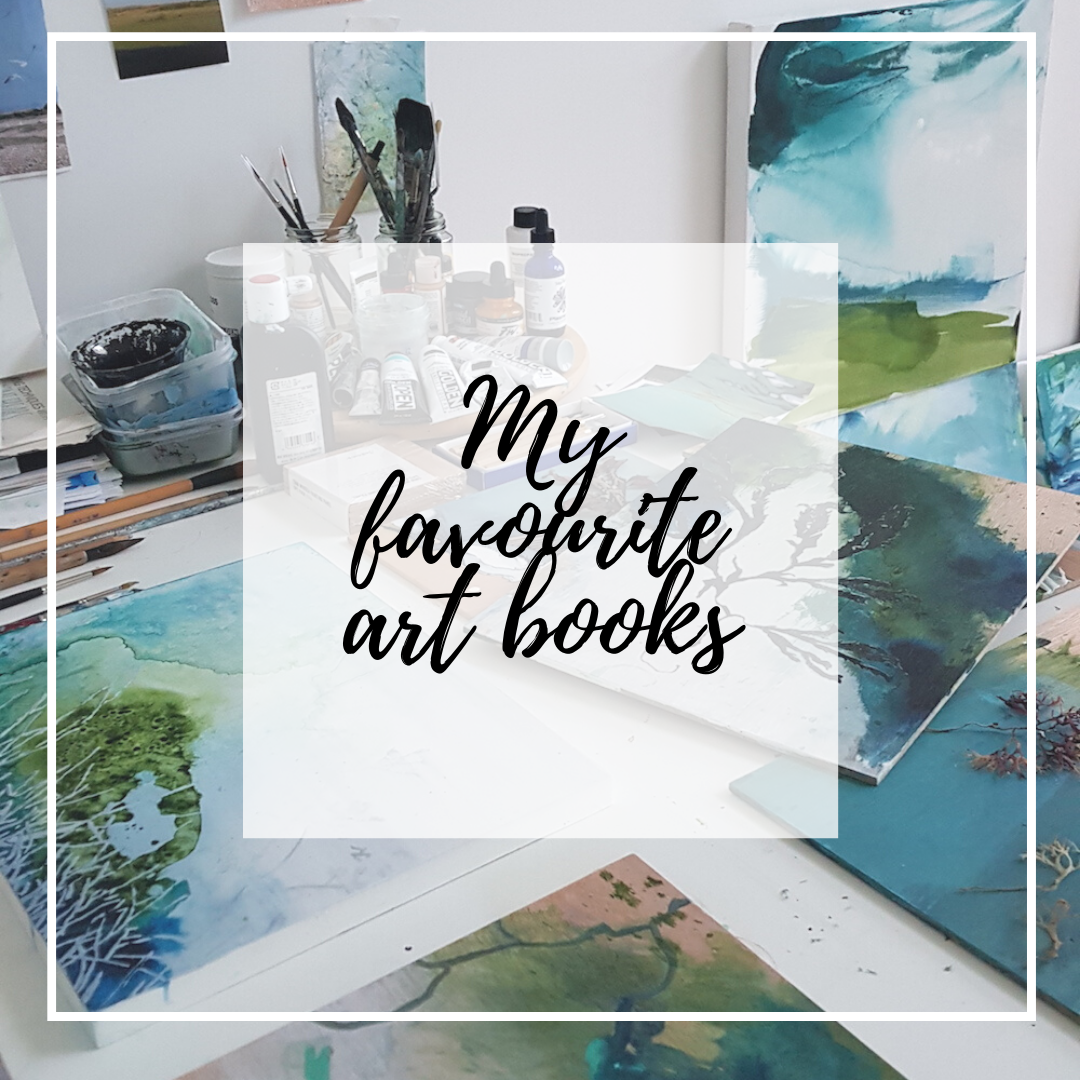
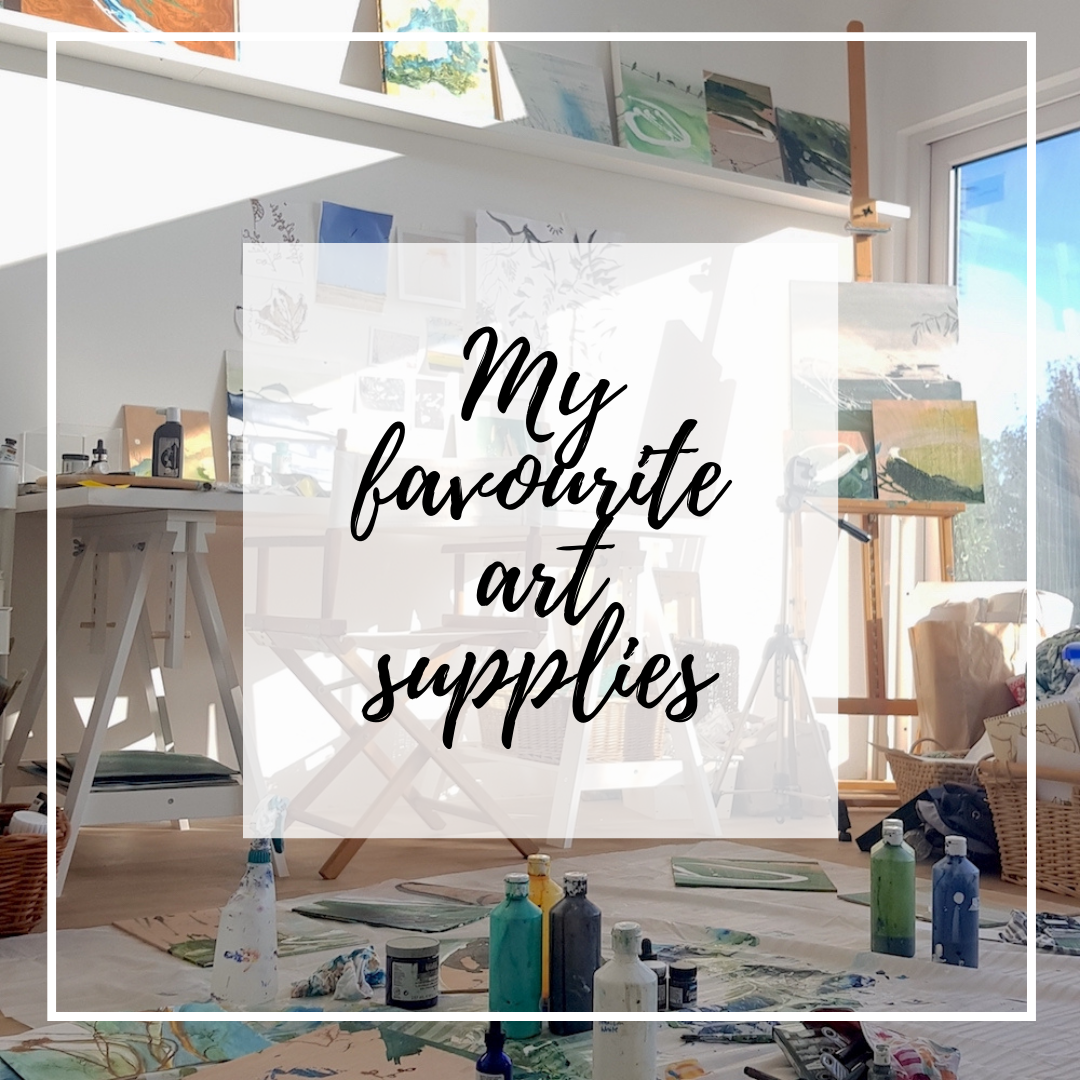
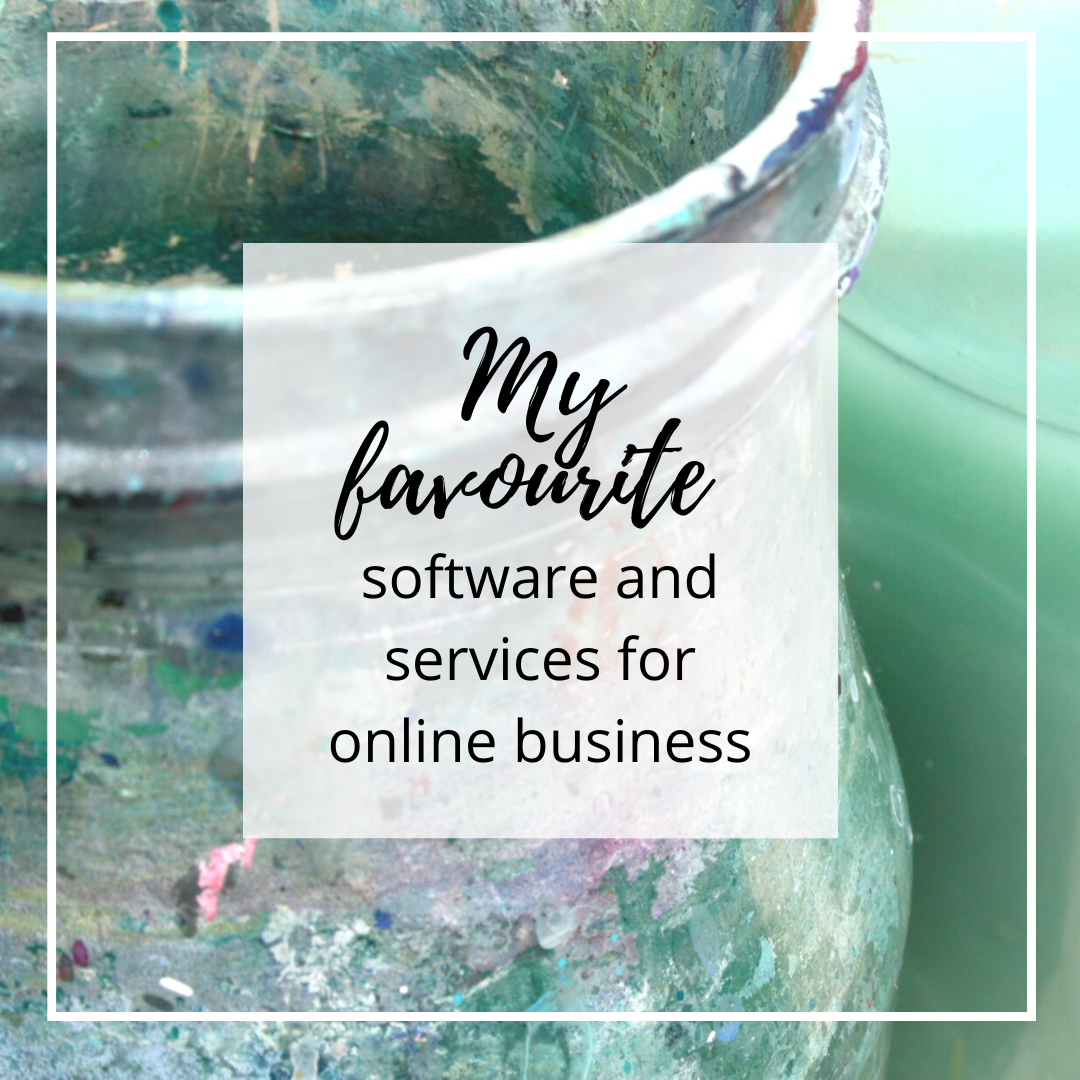
Tara – you are as always an inspiration and your energy is infectious. I am glad that you continue to share your thoughts along with your artist journey because you don’t gloss over the inevitable bumps in the road. Great to see your new style emerging- e citing times xx
Thank you so much Maggie for such kind words! Appreciate your support as always. 🙂
I’m so glad your art is getting more physical space in the world! I bet the colors and textures look much lovelier in person.
I’m looking forward to seeing how your art develops 🙂
Nela thank you! Really appreciate your kind words. Hope all is well with you.
It is 🙂 Sadly I don’t do any art because I’ve been focused solely on my upcoming book for the past 5 months, but I hope I’ll catch a break on my vacation in August.
Book?! Gosh I’m so out of touch with blogs! Must find out more… 🙂
Well, that felt incredibly refreshing and supportive in my current state of A. wanting to delete every painting I’ve ever shared online because ugh, and B. faffing about just doing new materials testing and no actual imagery at all to the point of not even being able to pick a couple of colours to work with, let alone a topic.
I forgot to say how I love the new things you show and that I like a personal story mixed in with the rest.
Oh good! Honestly I’ve been through some seriously icky and frustrating phases with this whole experimenting thing, especially coupled with Total Life Upheaval which is always going to impact the art in some way. I anticipate more of these ups and downs, but am finding it very much worth it for all the learning I do during the uncomfortable times, and the satisfaction of watching more successful work evolve.
Giving myself permission to try every idea as it comes to me {or close enough} has been great for managing that feeling of having a million options and not knowing which to pick first. I’ve weeded out a lot of things that seemed like they’d be fun/interesting but when I started, the physical experience was what held the information I needed, which was often ‘this is not going to hold my interest’.
Hang in there! Trust the chaos as much as you can. As my Tai Chi teacher would say, it precedes order. 🙂 {You just don’t get to say when!}
Tara, I love your writing and this post has been really fascinating to read, so lovely of you to share all this with us. I am very happy to hear about the discoveries you’ve made about yourself and your work since moving to Cornwall – it has worked out beautifully. And the gallery thing, well that’s great too and it looks like a lovely place. I have gone the other way now…and have removed my work from the gallery where I had a huge body of work. Although that may sound like a negative, for me it has actually been a positive decision, as I wasn’t comfortable there any more for various reasons and I just wanted my paintings back home, so now I feel liberated. I thank you for all the wonderful sharing you do of your life, your process, your thoughts and your help. I treasure your Artnotes and read them again when I need to. ????????
Thank you Jo for stopping by and leaving such a thoughtful comment! I’m delighted my work has been able to support you in some way. Very interesting to hear about your decision to take your work out of the gallery. Will you look for another, or find other avenues for selling your work?
I have already left a comment, but forgot to say how much your book and your Artnotes and Instagram posts have helped me in my own artistic journey, much gratitude to you ????????
thank you for sharing your journey you are an inspiration to me
It’s my pleasure and thank you – that’s lovely to hear Joanne!
Thank you for your inspiring blog Tara. It really helps me to read about your journey. I totally echo the dilemma about wanting to create a cohesive body of work as my artmaking encompasses so many styles I confuse myself ! I am
Thinking about investing in a mentoring course local to me.. sadly I don’t live in cornwall but love it there!! I am deciding which images to submit for my application and struggling but have decided that the images that feel most ‘me’ are probably best even though they may differ from each other ? I too have had a long break from my art practice but for other reasons. As an art therapist I truly know the benefits of art for others, my clients and myself .. I just wish I had more time for my own practice. I really appreciate your honesty and encouragement .
So glad it’s useful to you Tracey. When I was applying for the mentoring programme the advice was to share a few pieces of recent work that I’d done on my own {not on a course, although that could’ve been specific to them since they run lots of courses}. I think the point was for them to see what you do when left to your own devices! Also evidence of commitment to a year {or however long it is}, and in the case of the Porthmeor Programme it’s more about focusing on your own practice and development than on exhibitions and selling. Hope you find one that supports you! It’s a very enriching thing to do.
Love reading this Tara, your journey is a fascinating one and something I can really relate too, I can only look on with envy at your seemingly idyllic artist life you have developed. My sanity has been restored by starting painting again and in part following your adventure on Instagram has given me hope that you can actually have dreams to paint full time and make them happen, so thank you!
I too have thought about doing a diy degree, I messed mine up big time first time round (always wanted to do fine art but got cajoled in to doing textiles!)it was the best time of my life socially (I met my wife) but so wished I had used that time to develop artistically, hindsight is a wonderful thing and all that.
Keep on your amazing artists journey and thanks for the insoeration
Thank you for taking the time to read and leave such a thoughtful comment Shelley! I can assure you it’s not all idyllic! {That ongoing push pull between wanting a lovely IG feed and also wanting to be real…} That said, I won’t completely dismiss that because I have worked very hard to get to this point and some of it is really wonderful now. Still feels like a long way to go in some ways but I think it probably always will – nature of the beast! So interesting to hear some of your background too and how you came {back} to art – wish my time at uni had been as good as yours!
My Chinese brush painting teacher always says that you are an artist when your mistakes don’t scare you but excite you into thinking how you can turn them around! Studying with her has opened me up so much to paint without fear.
Love that Shilpa! Such wise words.
That’s a very meaning packed blog post. I think hearing about your journey makes more sense of where I am and where I want to be. So glad the gallery door is opening up. Maybe one day you can run an artist retreat for introverts ☺
So wonderful to hear this Cassandra. There’s always that small doubt about whether it’s at all helpful or just ‘me me me’. An artist retreat for introverts – surely an oxymoron?! Lol.
Tara thanks so much for taking the time to share your life and learnings. Always with such generosity and good humor. I’m also currently giving myself a bespoke degree year (love your terminology), partnered with every possible kind of upheaval and your posts and Artnotes have been such an encouragement to me. I’ve even forwarded the odd one on to my Mentor because you’ve captured my heart and all the challenges of the experimental phase so perfectly.
Anyway, just wanted to say thank you, and please keep up the writing! It’s such a profound gift to be able to put words to the process in the way you do.
Wow thank you for such kind words Rebecca! Really appreciated – I edit and re-edit my blog posts and Artnotes so it’s great to hear that they read well! Sounds like we are in a similar boat right now – glad to be able to offer something during the turbulence!
Totally brilliant blog post. After my first year on my Art Therapy course I feel so immersed in the theory my own practice has slipped. I feel on the brink of putting paint or pen to paper but I feel totally stuck. Inspired but scared to make……
Lovely post Tara and I’m so happy that you’re ‘immersing’ yourself with your work, studies and in life too. Oh and I did a blog post recently and linked your site. Here we go: https://janehinchliffe.com/blog/top-10-art-websites-great-tips-resources